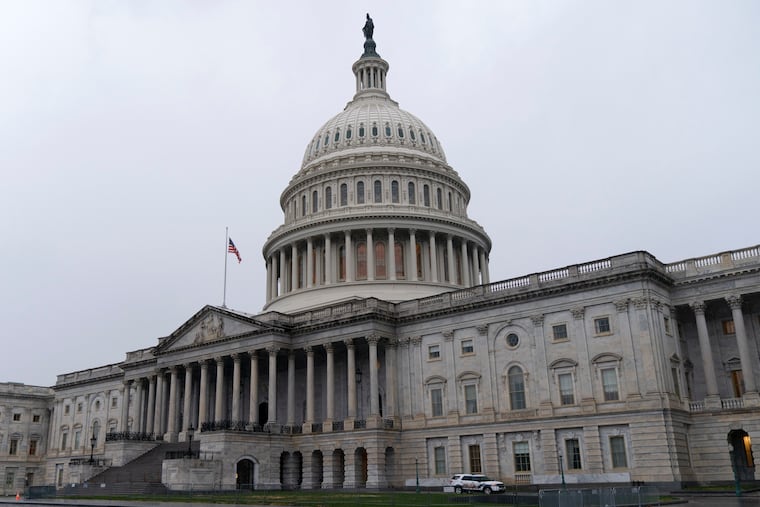Unemployment cash won’t be curtailed despite late Trump signature, official says
U.S. Department of Labor officials told U.S. states that recipients of unemployment benefits authorized by the legislation will continue to receive benefits.

Recipients of unemployment coverage from the newest pandemic-relief legislation won’t lose out on any of that cash, despite earlier concerns that President Donald Trump’s delay in signing the bill could have eaten away at the aid, according to state officials.
U.S. Department of Labor officials told U.S. states on Monday that recipients of unemployment benefits authorized by the legislation “will continue to receive benefits,” said Thomas Wright, a spokesperson for the New Jersey Department of Labor and Workforce Development.
Still, recipients may face delays in getting their checks.
The U.S. Labor Department has not yet released guidance to states on how to implement the new program, without which payments cannot resume, said Sarah DeSantis, a spokesperson for Pennsylvania’s Department of Labor and Industry.
About a million people in Pennsylvania and New Jersey are collecting unemployment payments.
Claimants stood to lose the $300 supplement to their unemployment checks for this week from the new round of economic stimulus after Trump waited until Sunday night to sign the $900 billion bipartisan bill.
The lapse due to the president’s delay could have effectively cut the benefit from 11 weeks to 10 because states can’t pay partial weeks and the supplement expires in mid-March.
The U.S. Labor Department told states, however, that the current week would be payable under the program.
Still, without the guidance from the Labor Department, it may take weeks before the benefits make their way into claimants’ hands, state officials in Pennsylvania and New Jersey have cautioned.
Earlier Monday, a U.S. Labor Department spokesperson had no timeline for the completion of that guidance.
“There are several new and complex provisions [to the legislation] and the department is actively working to interpret those provisions and get guidance to states as quickly as feasible,” the spokesperson said in a statement.
Trump signed the bill about a week after it had been passed by Congress. The delay was accompanied by his demands that Congress increase direct payment checks to individuals to $2,000 from $600. That payment is separate from the unemployment supplement.
More than half a million people in Pennsylvania and New Jersey each had been set to lose some or all of their unemployment benefits as the president delayed action on the bill, according to Pennsylvania and New Jersey officials. Nationally, the number of affected unemployment aid recipients was estimated at 12 million by left-of-center think tank the Century Foundation in a study this month.
The newly reauthorized unemployment programs were established in the spring as part of the CARES Act, the initial federal pandemic rescue package.
The $300 supplement, from a program known as Federal Pandemic Unemployment Compensation, was reduced from a $600 figure in the original round.
Another of the programs, Pandemic Unemployment Assistance, extends benefits to freelancers, gig workers, part-time employees, and others not typically eligible for unemployment compensation.
A third, the Pandemic Emergency Unemployment Compensation program, funded 13 additional weeks of unemployment compensation for those whose benefits were exhausted, which typically happens after 26 weeks of assistance.